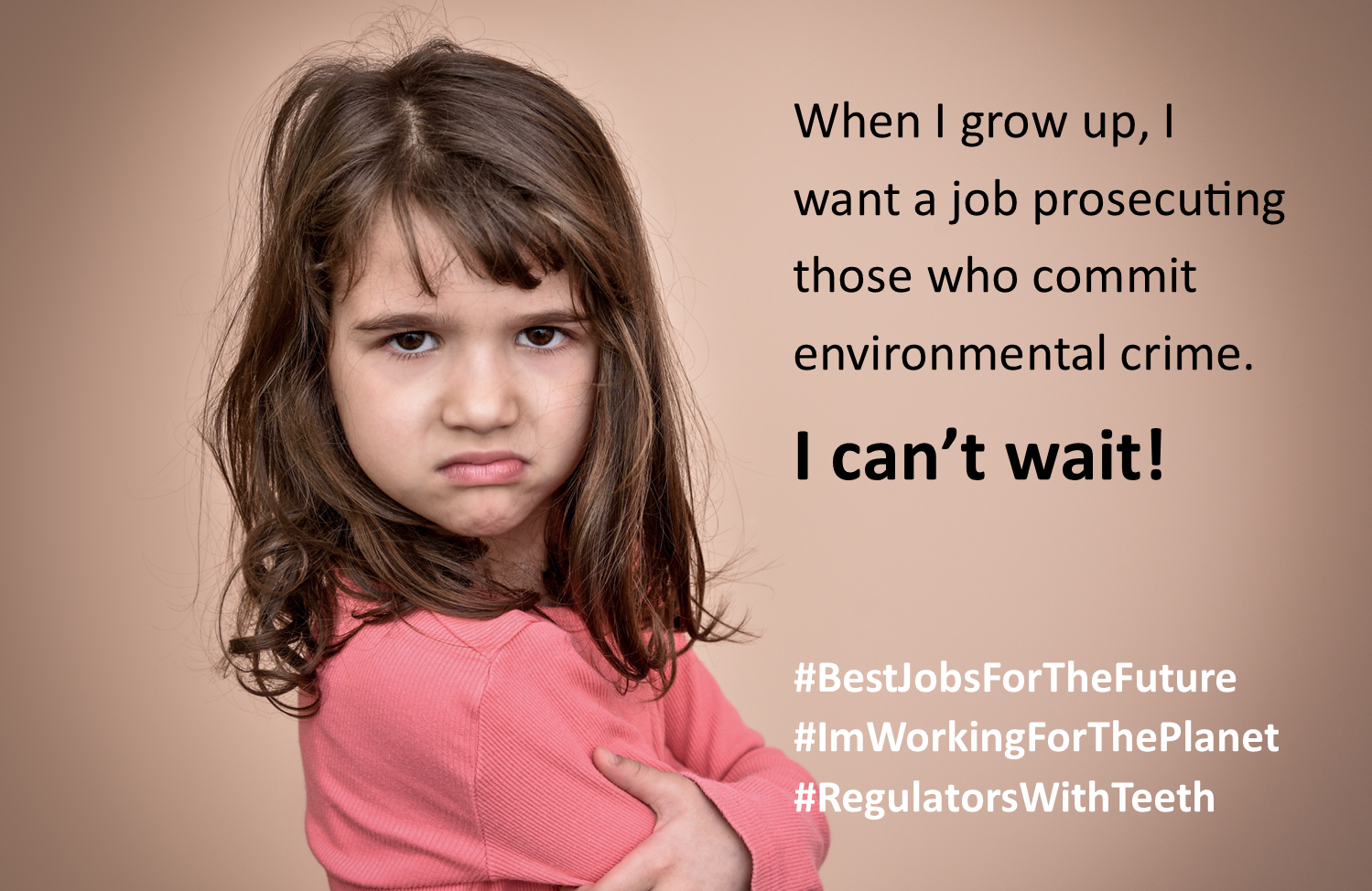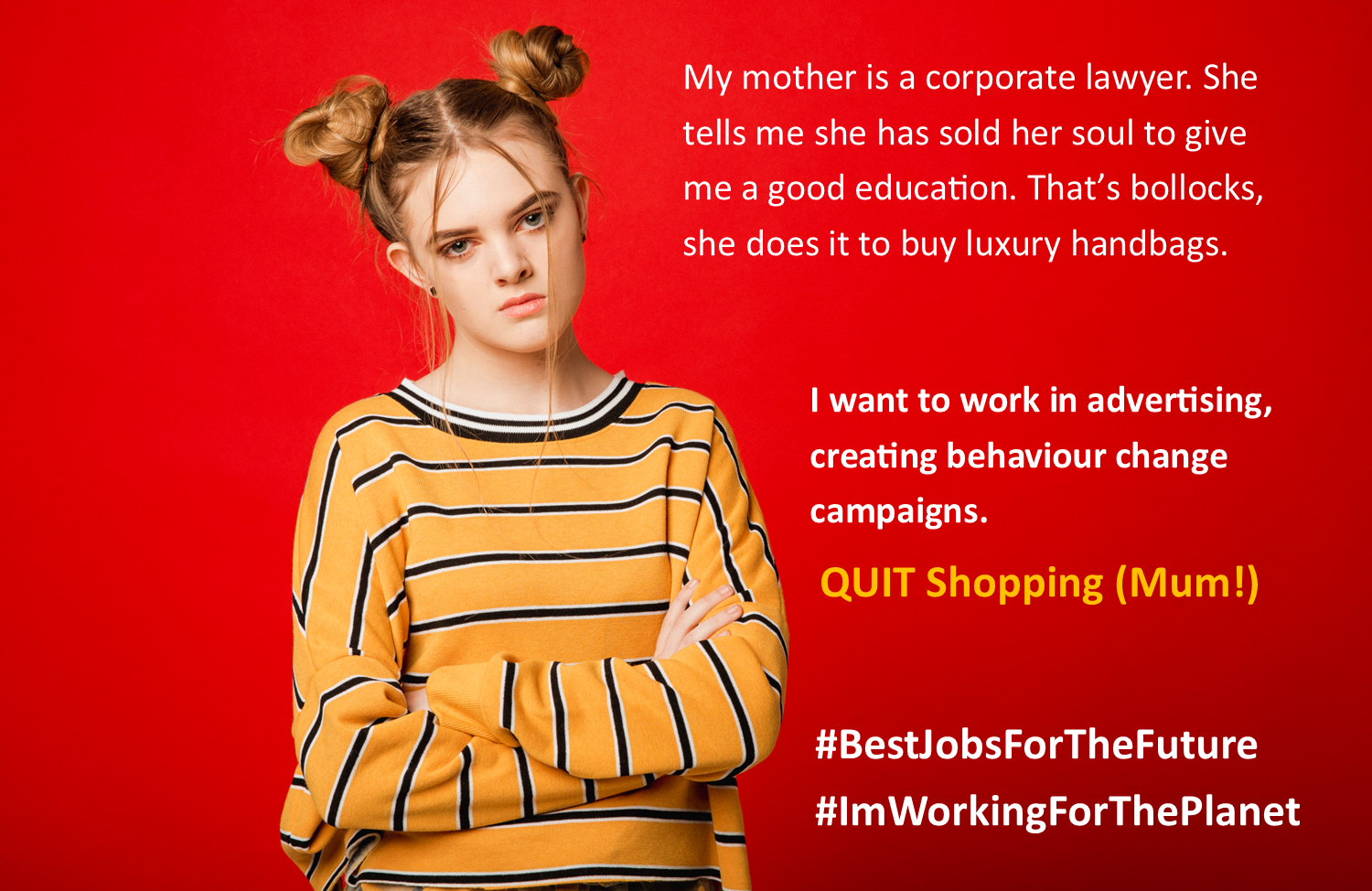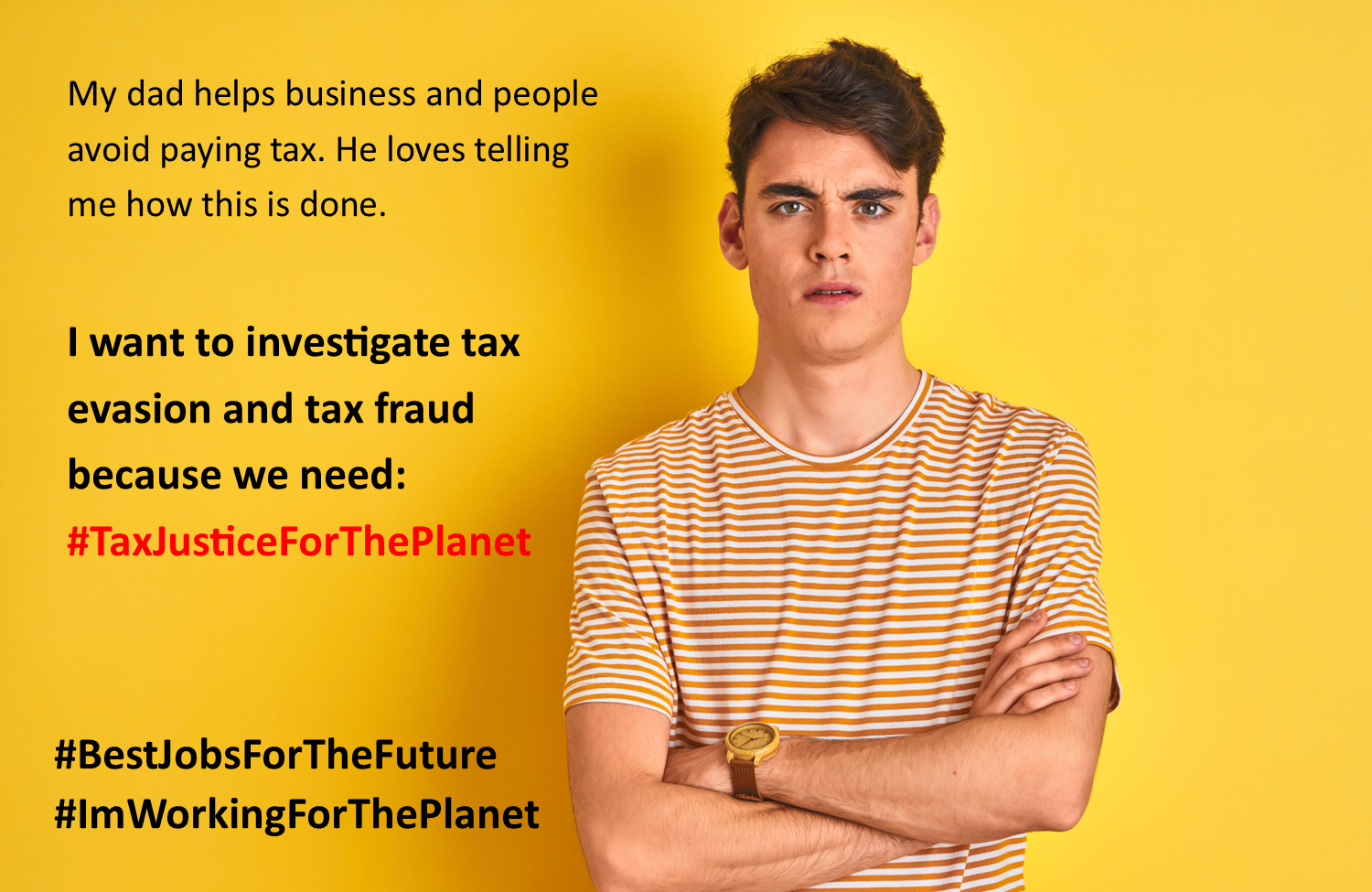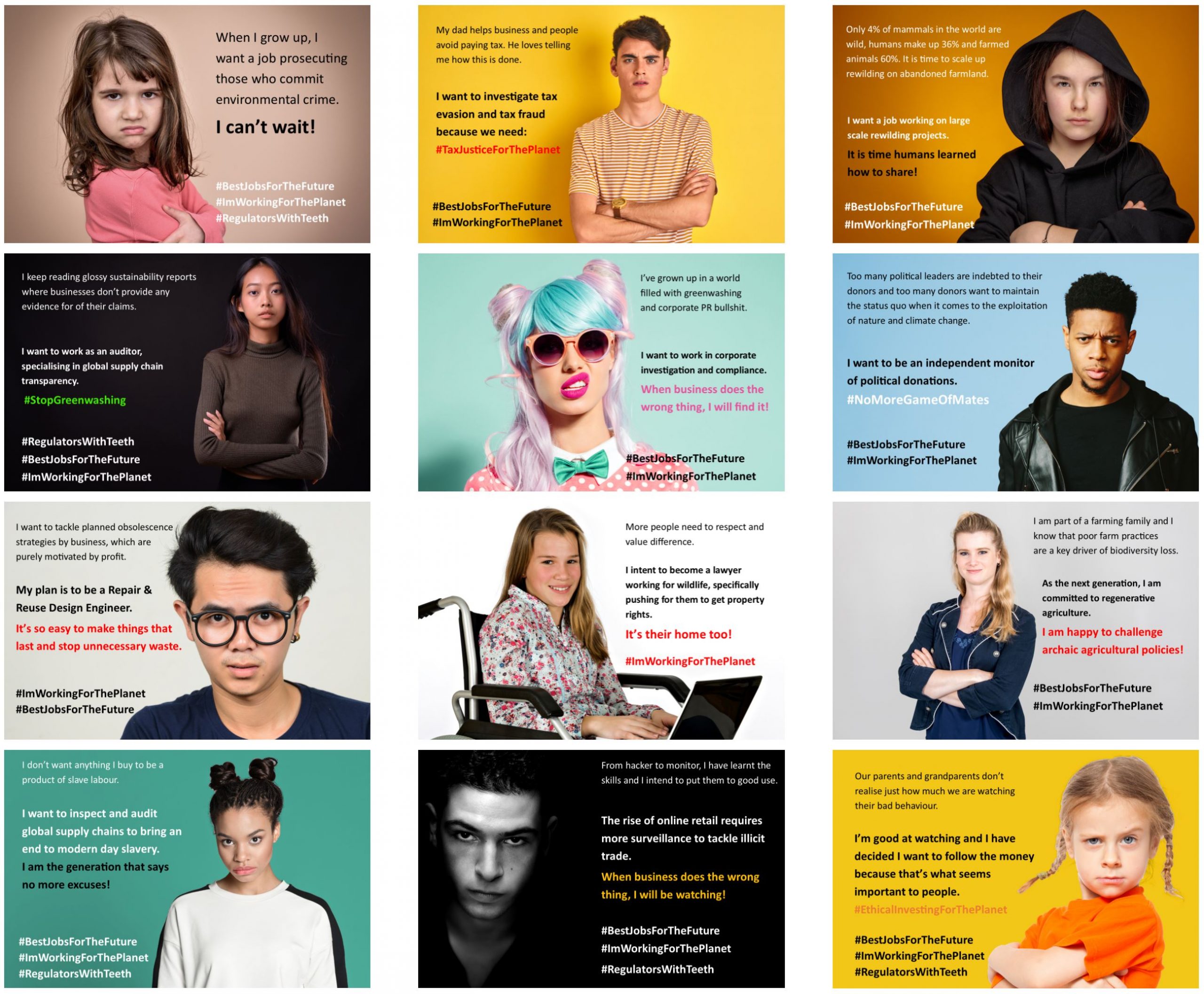
Over recent years, politicians, in many parts of the world, have dismissed the type of youth activism best characterised by Greta Thunberg, because as children these protesters didn’t yet have a vote. Obviously, the politicians thought they still had sufficient sway over the parents, grandparents and older siblings of the School Strike For Climate generation to ensure that they would stick with the current neoliberal program. But what now that Greta has turned 18 and she can vote? Greta and her fellow campaigners can sign onto the electoral roll and so their views won’t be so easy for politicians to disregard.

While some young adults in this age group will want to maintain the status quo, linking personal identity and status to the stuff that they can buy, a growing number of young people are realising that they are being educated for a world that won’t exist in its current form.
Understandably, they wonder if today’s jobs will remain when domestic, regional and global economies are unstable due to the constant disruptions associated with climate change, degrading ecosystems and social inequality.
What type of jobs will the participants of School Strike For Climate and Fridays for the Future want? Many already know that they will need to work to clean up the mess left by their parents and grandparents’ generations. The jobs most valued in today’s world are often the most destructive to the environment and to social cohesion and, as such, a growing number of young people are rejecting these roles.
They are learning that there is no evidence that you can change the current system from within. Everyone from Generation X tried to do this, but in the end realised they were fighting a losing battle and, in the main, they gave up or opted out.
Similarly, this next generation can’t be duped that it is all about personal, consumer choice. They know that changing to energy efficient light bulbs and recycling bins isn’t enough to save the planet! They will push for changes to agricultural policies that have driven biodiversity loss, this has already started. They will push for corporate crime to be treated as a ‘real’ crime and not something that gets the equivalent of a slap on the wrist. How long before they start realising that the secrecy jurisdictions, enabling capital flight and tax evasion have been a key cause of environmental degradation and poverty?
For over 12 months, many young people have been home-schooled, because of a pandemic that is zoonotic in origin, created because the line between humans and exotic animal has long been breached for commercial purposes. And because this legal trade has been ignored, out of sight and without any real check, a trillion-dollar trade in birds, animals and plants has flourished. Young people are paying yet another big price for the lack of respect older generations have paid the natural world.

The insight and, sadly for some the anxiety, triggered by the isolation from friends and their education means a growing number will want solutions from their governments and a future based on meaningful work. They have watched their parents become unemployed through the pandemic and, for some, the jobs will never return as companies have ramped up the investment in automation to protect profits from the risk of future pandemics.
All of these factors and more mean this group of young people, on the verge of becoming voters, will push for the new legislation and regulation that will, in turn, trigger the need for new types of work. What will tomorrow’s world of work look like? If they managed to get their way, before the sole focus on growth and profit destroys the natural environment we rely on, the young people of today will likely demand jobs that halt the mindless destruction and pointless accumulation of wealth.
They are also looking for a new type of leadership, in with the New 1% and out with the old, obsolete hardware.
This means more and tighter regulation, an end to tax evasion and secrecy jurisdictions, coming down hard on green crime and corporate crime, ending modern day slavery and extreme inequality and stopping the endless loop of consumption for status gain and identity differentiation.

Whilst we can only guess at the jobs that will be needed, we are launching a campaign asking the question what will be the Best Jobs For The Future, to help stimulate discussion.

